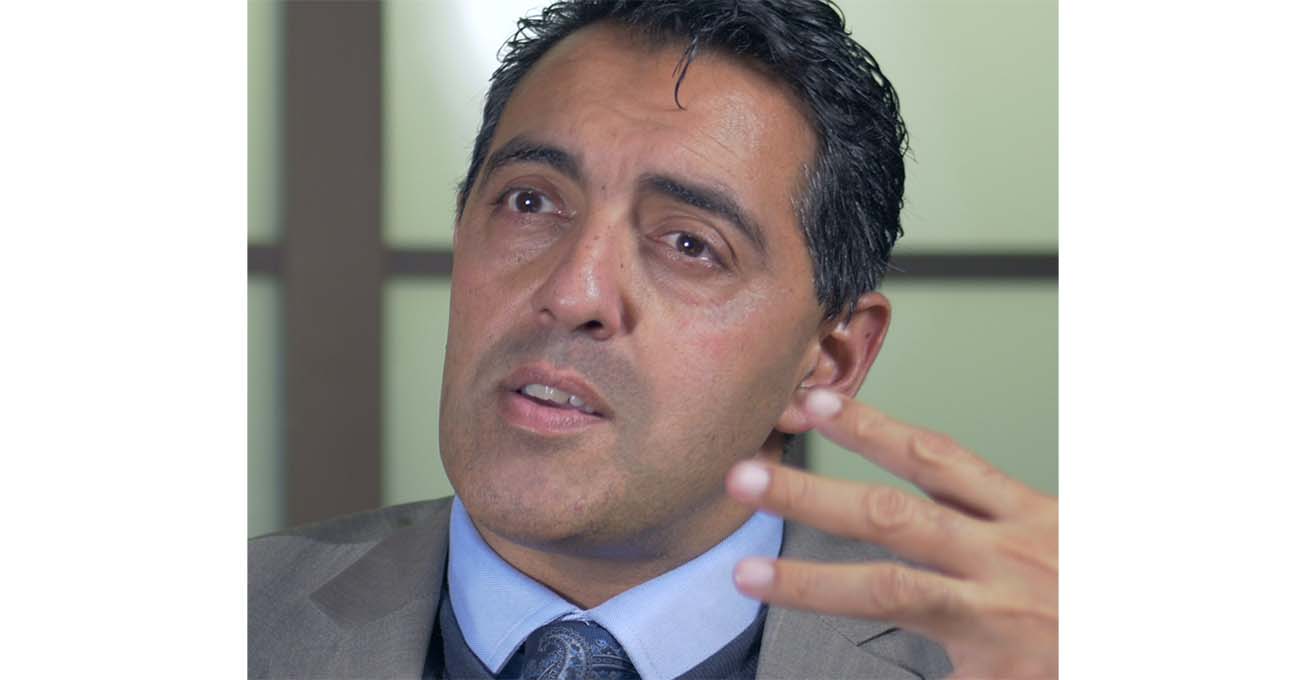One in four HR professionals are not involved in key strategic business decisions, a recent report has highlighted. But as the country prepares for Brexit and we look to the captains of industry to steer our course, should we be asking have we got the right leadership teams in place if those who manage their most costly and valuable resource do not have a place at the table?
Maybe those at the top, particularly those involve in manufacturing or heavy industry, do not fully appreciate the pivotal role of the HR Director/Head of HR. Sales targets and profit margins may help the arterial lifeblood of a company to flow, but even in the educated ‘teenies’, it’s all too easy to brush off HR as the team that deals with ‘soft skills’.
In reality, HR manages a key resource, which for any organisation is its greatest expense and most valuable asset. Alongside the ‘expense’ of people costs and recruitment (particularly if a company has retention issues) is the value of people as the backbone of the company: its organisational knowledge, skill and experience, as well as its heart and soul.
Running an organisation where behaviours and cultures are considered secondary to core business, is tantamount to “fiddling while Rome burns” which is why HR’s “transitional period” as identified in the report from Reed HR is a timely warning.
“Major changes” within the profession, skills shortages, and concerns about the future, such as the impact of AI, allow some leaders to see HR as merely, “a transactional support function”.
In order to make their presence known, HR must play the strategic game, step back and present the bigger picture. It is all too easy to get bogged down in the day-to-day activity of HR. These shifting sands – always one emergency or another – can result in HR stepping away from the leadership table and being unable to effectively demonstrate its worth…the return on investment that people bring to the business.
Crown Workforce Management systems help present those reports in black and white – crunching the numbers to present patterns and costs which allow HR professionals to apply effective solutions moving forward. For example, periods of peak demand or seasonality can be addressed with creative solutions from annualised hours or contracted support staff.
Crown WFM also looks after today and tomorrow – providing an effective mechanism for HR management, recording time and attendance, addressing sickness absence and rostering resources to meet organisational needs.
Only by presenting the foundation for strategic change through greater productivity will leadership value the importance of HR and enable it to gain a permanent presence at the executive table – providing leadership with a people focus.
For more information download our free guide to Demystifying Business Analytics by Dr Pietro Micheli, Professor of Business Performance and Innovation, at Warwick Business School.







